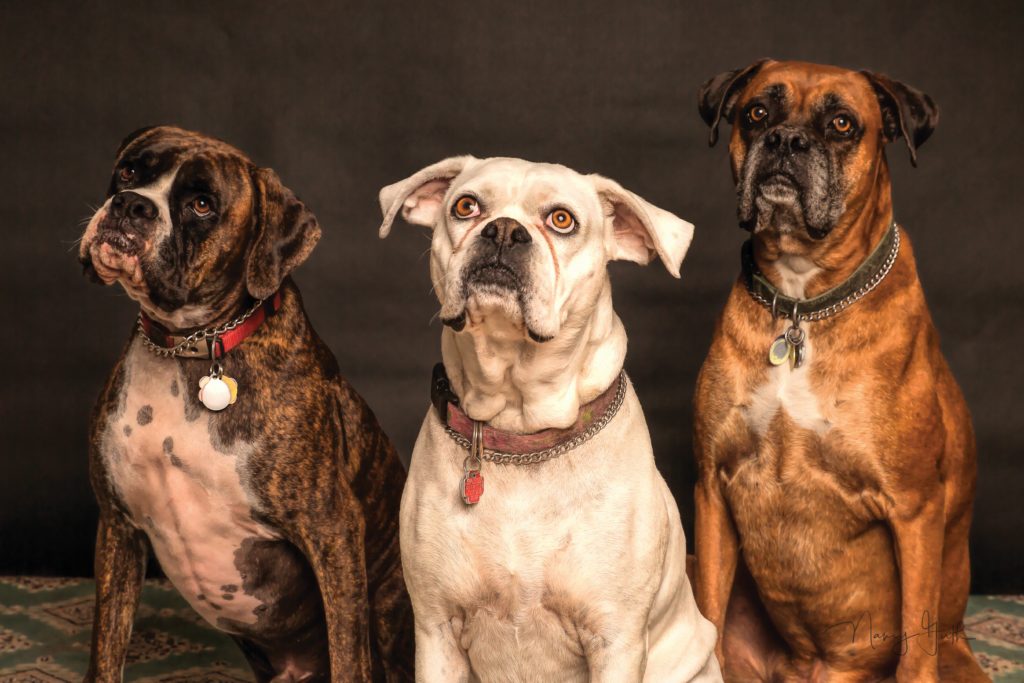The COVID-19 pandemic not only affects humans but animals too. If you’re concerned about your precious pooch’s safety amid the pandemic, here is what you need to know.
According to the Centers for Disease Control (CDC), cats, dogs, and some other mammals can be infected with SARS-CoV-2, but they don’t know yet all of the animals that can be infected.
Cats, ferrets, fruit bats, and hamsters can also spread the infection to other animals of the same species in laboratory settings. Data from studies suggest that dogs can get infected but might not spread the virus to other dogs as easily as cats and ferrets can spread the virus to other animals of the same species, says the CDC.
Laboratory mice, pigs, chickens, and ducks do not seem to become infected or spread the infection based on results from studies.
These findings were based on a small number of animals, and do not show whether animals can spread infection to people. More studies are needed to understand if and how different animals could be affected by COVID-19.
Some pets did not show any signs of the illness, but those pets that did get sick all had a mild disease that could be taken care of at home. None have died from the infection.
There have been reports of animals being infected with the virus worldwide. A small number of pet cats and dogs have been reported to be infected with SARS-CoV-2 in several countries, including the United States. One ferret was reported positive for SARS-CoV-2 in Slovenia. Most of these pets became sick after contact with people with COVID-19.
Large cats in captivity have tested positive for SARS-CoV-2. Several lions and tigers in a New York zoo, a puma in South Africa, tigers in a Tennessee zoo, and snow leopards at a Kentucky zoo tested positive for SARS-CoV-2 after showing signs of respiratory illness. It is suspected that these large cats became sick after being exposed to zoo employees with COVID-19.
SARS-CoV-2 has also been reported in mink on farms in multiple countries, including the United States and Sweden. The CDC asserts that infected workers likely introduced SARS-CoV-2 to mink on the farms, and the virus then began to spread among them. Once the virus is introduced on a farm, spread can occur between mink, as well as from mink to other animals on the farm like dogs and cats.
What to do if you suspect your pet may have COVID-19
– If your pet gets sick and you know they were recently in contact with someone who tested positive for COVID-19, immediately isolate them from everyone else (humans and pets).
Pets sick with COVID-19 may have:
– Fever
– Coughing
– Difficulty breathing or shortness of breath
– Lethargy (unusual laziness or sluggish)
– Sneezing
– Runny nose
– Eye discharge
– Vomiting
– Diarrhoea
– Do not wipe or bathe your pet with chemical disinfectants, alcohol, hydrogen peroxide, or other products, such as hand sanitiser, counter-cleaning wipes, or other industrial or surface cleaners.
– If you are at higher risk for severe illness from COVID-19, another household member should care for the pet, if possible.
– Call your veterinarian to discuss what your next steps should be
– Keep your pet isolated until a veterinarian has confirmed it is safe for them to be around people.
Picture: Pexels

